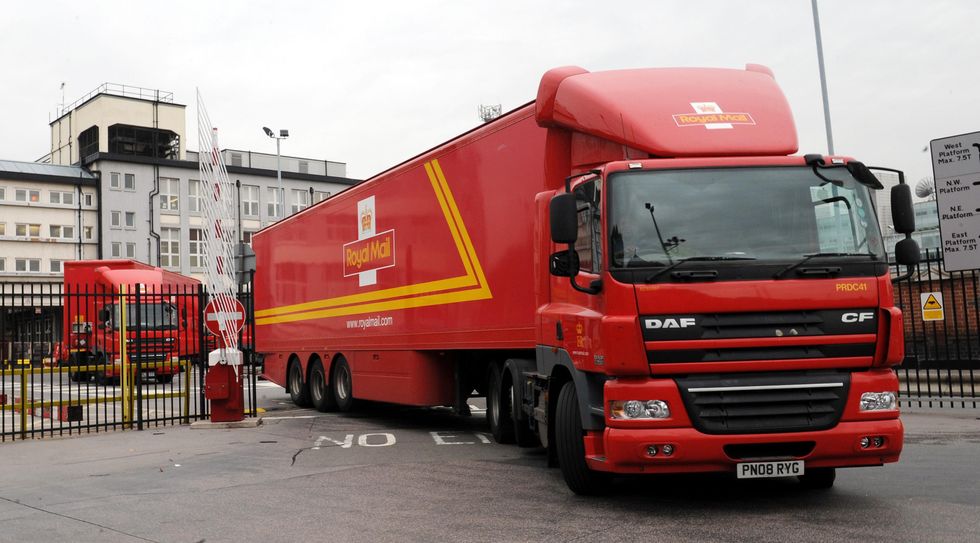Experts are highlighting the benefits of alternative fuels which could be used to slash carbon emissions from vehicles which cannot easily be replaced with electric models.
Both the London Borough of Hackney and John Lewis Partnership have reported significant success using renewable fuels like HVO (hydrotreated vegetable oil) and biomethane in their fleets.
The alternative fuels are achieving carbon efficiency rates of up to 90 to 92 per cent compared to traditional diesel, according to trials conducted by Transport for London.
For vehicles such as heavy trucks and specialist machinery that may be difficult to transition to electric power, these renewable fuels are proving to be a viable solution for reducing emissions.
Do you have a story you’d like to share? Get in touch by emailingmotoring@gbnews.uk
Alternative fuels could help fleets slash harmful emissions
GETTY/PA
Hackney Council operates 610 vehicles and conducted rigorous testing alongside Transport for London to evaluate HVO’s performance, led by fleet manager Norman Harding.
He said: “We ran the same test again and got a 12 per cent carbon reduction and 69 per cent NOx reduction at the tailpipe. That is phenomenal by anyone’s standard.
“You’re looking at 90-92 per cent carbon efficiency and that, for me, was a win-win,” Fleet News reported.
The findings were presented at the recent Fleet and Mobility Live seminar, chaired by National Grid’s head of fleet Lorna McAtear.
The borough now uses approximately 1.2 million litres of HVO annually, resulting in 2,500 tonnes of CO2 savings per year.
While Hackney also operates 106 electric vehicles, Harding noted that transitioning HGVs to electric power presents challenges.
He noted that it would be expensive and there may be difficulties in removing parking spaces to introduce new charging infrastructure.
The John Lewis Partnership has been focusing on biomethane for its heavy vehicles as part of its plan to have its fleet free of fossil fuels by 2030.
“Our strategy is to use renewable electricity to power all of our cars, vans and light trucks, and biomethane for heavy trucks,” said Justin Laney, partner and general manager of central transport at John Lewis Partnership.
The company currently operates 420 heavy trucks on biomethane, representing 70 per cent of its fleet and delivers carbon reductions of between 80 and 90 per cent while also proving cost-effective.
“The maintenance cost is a bit higher, but the TCO (total cost of ownership) is still positive. They also reduce noise by about half and that becomes really important when you’re making urban deliveries,” Laney explained.
The company is also tackling emissions from refrigerated trailers, saving 1,000 tonnes of CO2 and over £400,000 in the first half of the year.
LATEST DEVELOPMENTS:

Many Royal Mail lorries now use alternative fuels
PA
Justin Laney emphasised that operational changes, driver behaviour and vehicle efficiency play a crucial role in reducing emissions.
He added: “It’s about reducing the energy we need for our transport system, so that’s about doing fewer miles through things like bigger vehicles where we make sure they are full, collaborating to eliminate empty running.
“When we’ve done that, it’s about improving the efficiency of those vehicles, so using telematics to coach drivers into better driving styles, maybe using aerodynamics and low rolling resistance tyres.”
Source link


